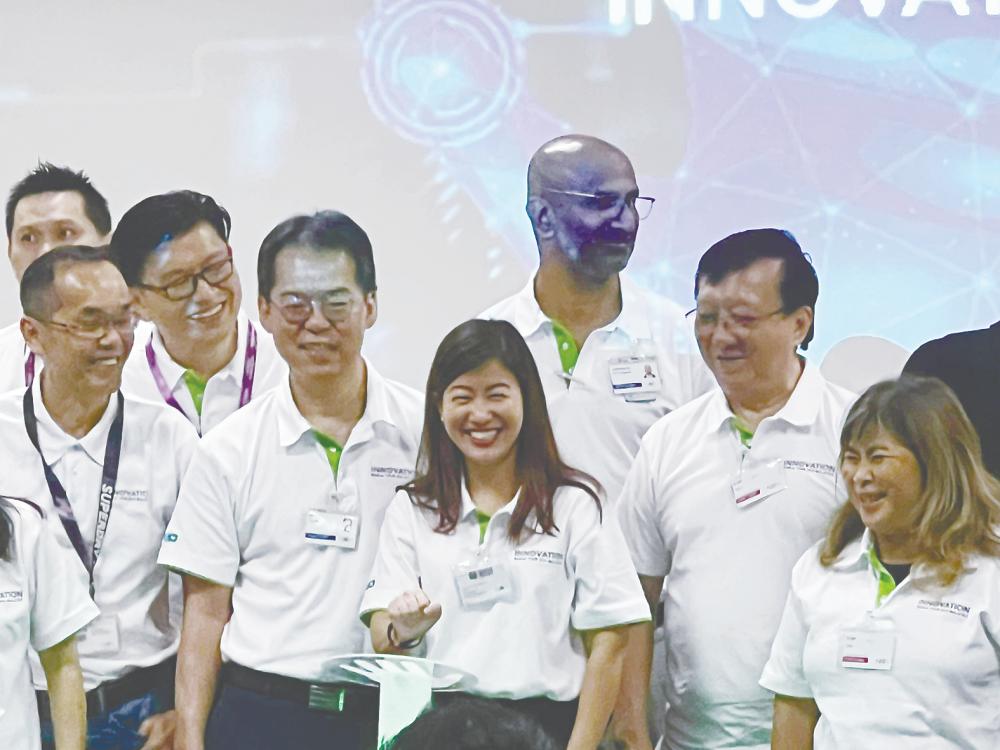PETALING JAYA: A focus on better workforce standards to sustain growth is crucial in achieving the target of training and upskilling 60,000 engineers based on the National Semiconductor Strategy (NSS), said Kampung Tunku Assemblyman Lim Yi Wei.
She said that stakeholders need to prioritise improved salaries, work-life balance, social protections and inclusivity.
“Stakeholders and industries need to redirect the approach to workforce development. We have got to be better this time,” she said at NXP Innovation World Tour 2024 today.
Lim noted that the push for enhanced workforce standards aligns with the government’s broader ambition to move up the semiconductor value chain. “With US$5.3 billion (RM22.7 billion) in fiscal support and incentives, the NSS seeks to transform Malaysia from a manufacturing hub to a center for advanced semiconductor design, packaging and equipment. While the strategy’s infrastructure and technical goals are clear, the need for parallel improvements in the treatment and development of human capital is key.”
She said this will accelerate the nation’s journey towards becoming a global semiconductor powerhouse under the NSS. “Improved workforce is critical to attract new talent to the semiconductor industry. This will directly ensure these professionals receive competitive salaries, healthy work-life balance and adequate social protections.”
Lim said that with global competition for tech talent intensifying, Malaysia must offer more than just job opportunities if the aim is to retain skilled workers in the long term.
She remarked that the current generation of engineers and workers entering the semiconductor field face a different set of challenges compared to their predecessors.
“Beyond technical skills, today’s employees are increasingly focused on work environments that support mental health, offer flexible working arrangements and value inclusivity. The shift in employee expectations necessitates a change in how companies and the government approach talent management in the industry.”
The success of the NSS hinges not only on technical advancements but also on creating a conducive environment where workers are valued and supported.
“It is not just about building a workforce, it is about building a future for the people who will drive our industry forward,” Lim noted.
The two-day event highlighted the collaboration between the federal government, state agencies, industry players and academic institutions.









